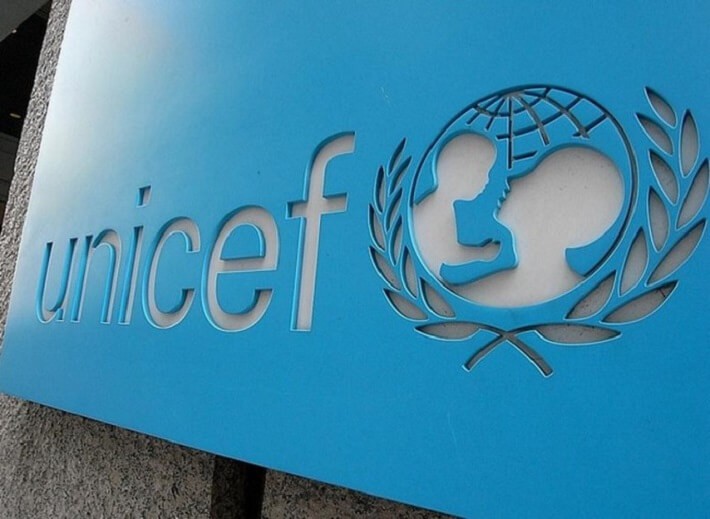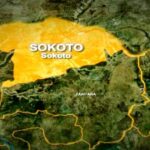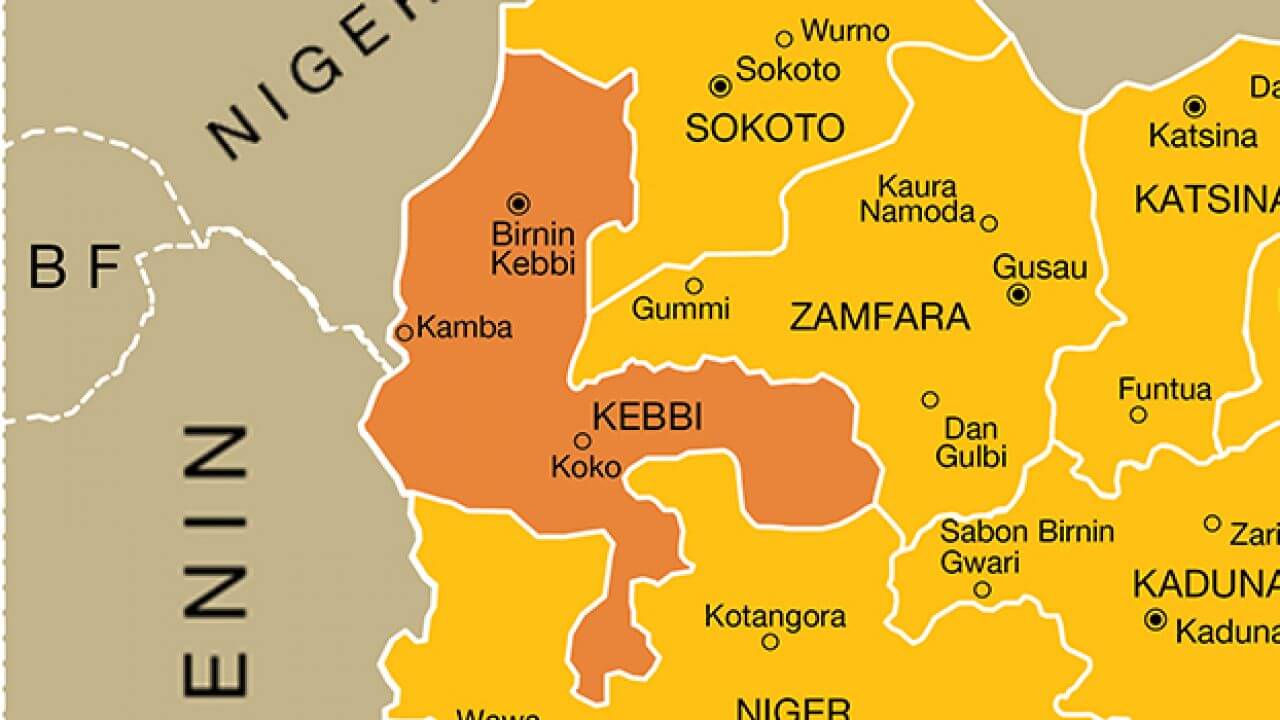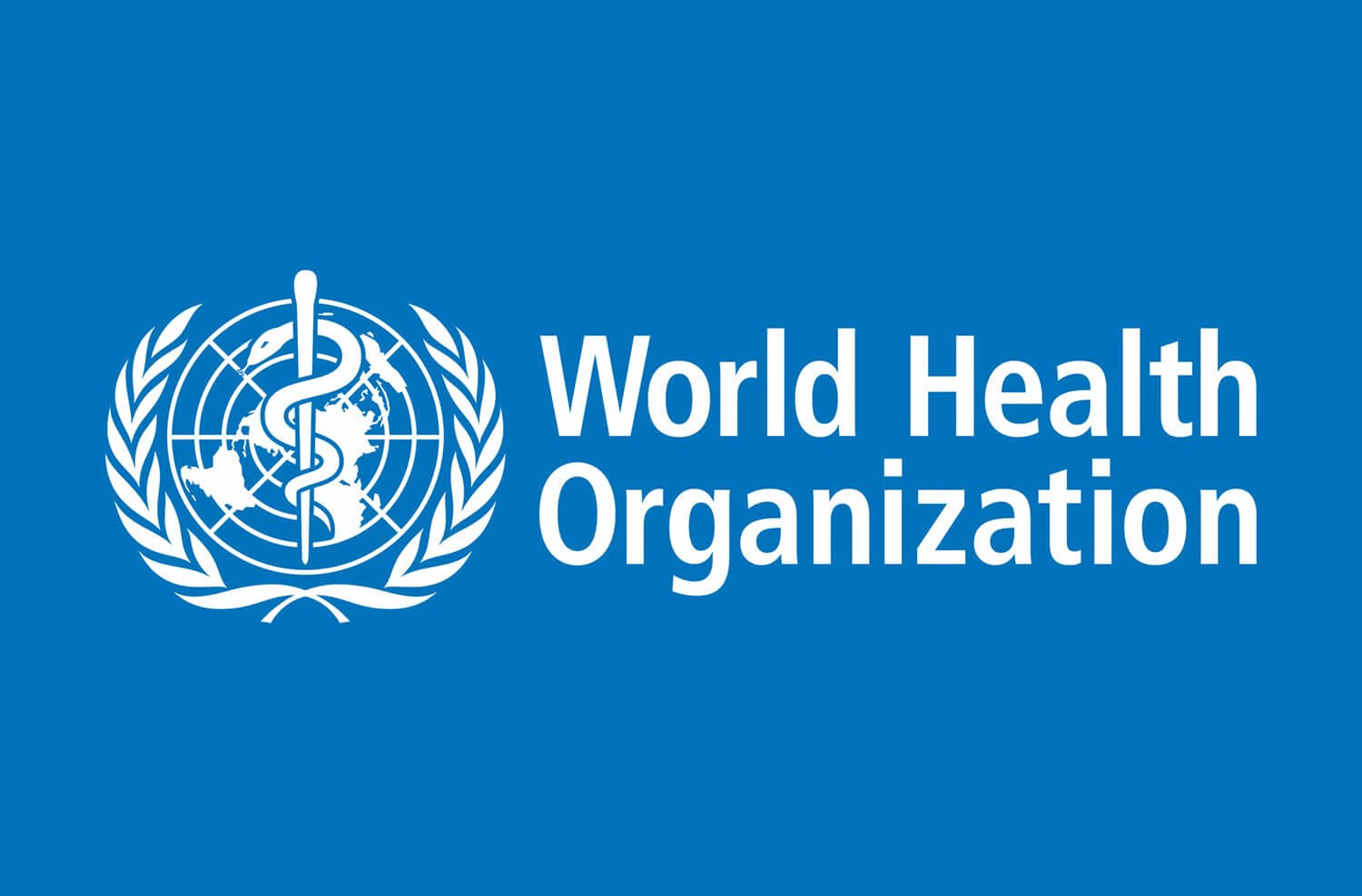Kebbi, Bayelsa First Beneficiaries As Nigeria Finally Receives Malaria Vaccine
The Federal Government, on Thursday, received its first shipment of the malaria vaccine.
The National Primary Health Care Development Agency (NPHCDA) said the vaccines were received in Abuja by the Coordinating Minister of Health and Social Welfare, Prof. Muhammad Ali Pate.
The World Health Organization (WHO) had in December 2023 added the R21/Matrix-M malaria vaccine to its list of prequalified vaccines.
In October 2023, the WHO recommended the use for the prevention of malaria in children following approval of the WHO Strategic Advisory Group of Experts on Immunization and the Malaria Policy Advisory Group.
The NPHCDA said Nigeria would officially unveil the malaria vaccines on Thursday to help protect children from the life-threatening disease.
The agency said the government has developed a distribution plan to prioritise regions most affected by malaria, particularly in rural areas where access to healthcare is limited.
The R21 vaccine is the second malaria vaccine prequalified by the WHO, following the RTS, S/AS01 vaccine which obtained prequalification status in July 2022. Both have been proven to reduce malaria cases and mortality among young children in large clinical trials across Africa.
Following Ghana and Kenya, which began using this vaccine in 2023, Nigeria will be the third African country to introduce the vaccine.
The Executive Director and Chief Executive Officer of the NPHCDA, Dr Muyi Aina, spoke during the hand-over ceremony in Abuja: “Nigeria happens to be the country with the highest malaria burden in the world having 27 per cent of global malaria cases and 31 per cent of global malaria deaths. In 2022, nearly 200,000 deaths from malaria occurred in Nigeria. Children under five years of age, and pregnant women are the most affected, with a national malaria prevalence rate of 22 per cent in children aged six to 59 months as of 2021.
“The vaccine would quicken our malaria control and elimination efforts, as we expect about 13 per cent reduction in all-cause mortality in children under five and a 22 per cent reduction in hospitalized severe malaria cases. WHO recommends prioritization of the vaccine in areas of high to moderate transmission and this is guiding our phased introduction strategy.”
According to Aina, the first phase of the vaccination distribution will commence in Kebbi and Bayelsa in November.
He noted, “Kebbi because it has the highest prevalence rate in the country (52 per cent), while Bayelsa is selected because its target population of 69,935, and that of Kebbi’s 162,014, aligns with the one million doses available for this phase, thereby ensuring that the vaccine supply is effectively utilized.
“The vaccine will be administered to children aged five months to 15 months as part of routine immunization. Each child requires four doses, given at 5, 6, 7, and 15 months of age, to be fully protected. The introduction will be expanded to other states and integrated into our national routine immunization schedule, as we receive additional doses.
“The second phase will target 19 States and FCT, while the third phase will target the remaining 15 States. Both phases are scheduled for 2025. To ensure a successful roll-out, we have established an elaborate cross-program coordinating mechanism that brings together key stakeholders and expertise in the malaria and immunization space at the national, and subnational levels.
“The team has developed a robust and responsive demand generation strategy that is citizen-centred and recognizes the needs and expectations of stakeholders at all levels including caregivers, community gatekeepers and front-line health workers.”
Kebbi, Bayelsa First Beneficiaries As Nigeria Finally Receives Malaria Vaccine is first published on The Whistler Newspaper





